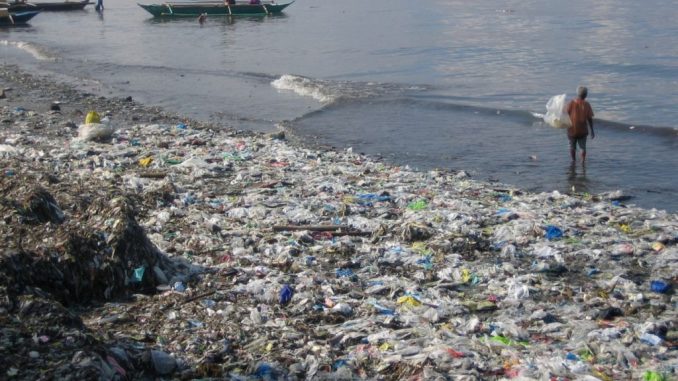
KOCHI: The marine environment in India is under stress due to pollution and it has become one of the probable reasons for the decline in fish stock, said the new national policy that was released by the Centre.
It said that the government would strengthen regulatory mechanisms to control pollutants to ensure that land and sea-based pollution are effectively controlled and the ecosystems were monitored. Fishermen too have promised to ensure that fishing vessels do not contribute to marine pollution.
The new policy has been welcomed by stakeholders, especially traditional fishermen who say that it has addressed most of their concerns.”The policy has covered a lot of aspects that we had raised, including the issue of foreign vessels fishing in our waters,” said Charles George, Kerala fish workers union president.
However, one of the major demands had been seeking a separate ministry for fisheries. “We had sought a separate ministry and demanded that fisheries must be a part of concurrent list. We expect that it would be addressed later,” he added.
The gazette notification said that to safeguard the ecological integrity of such tail-end ecosystems, the government will consider a landscape-toseascape approach for sound manage ment of inland water resources.Coastal and inshore waters are tailend ecosystems and marine fish resources in this area are highly dependent on the inflow of freshwater and sediments that bring in nutrients.
However, these water bodies are subject to anthropogenic pressures, resulting in degradation of environmental quality and reduced freshwater inflow. Such changes impact stocks of several important marine fishery resources, particularly high-value shrimps that complete a phase of their lifecycle in these inland coastal waters.

Leave a Reply